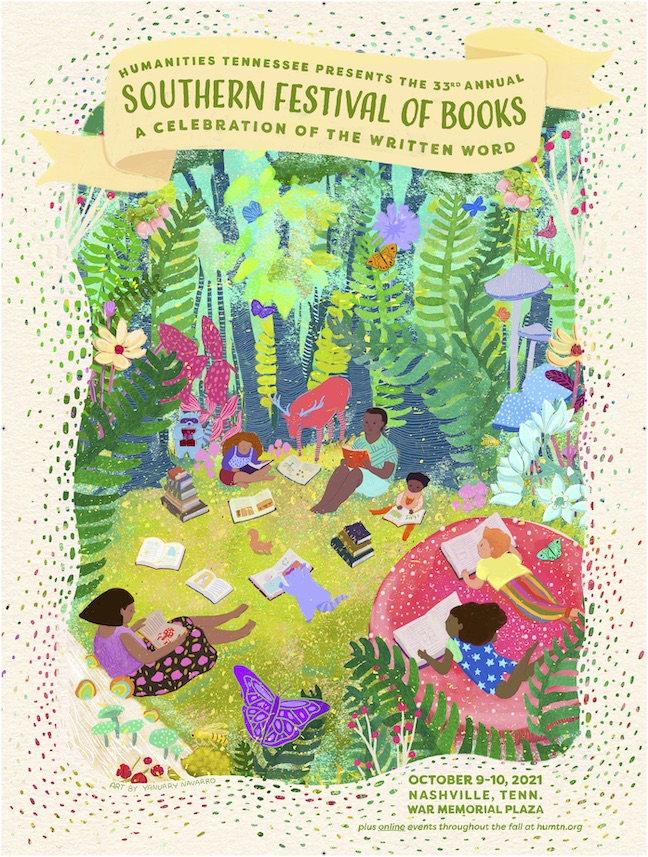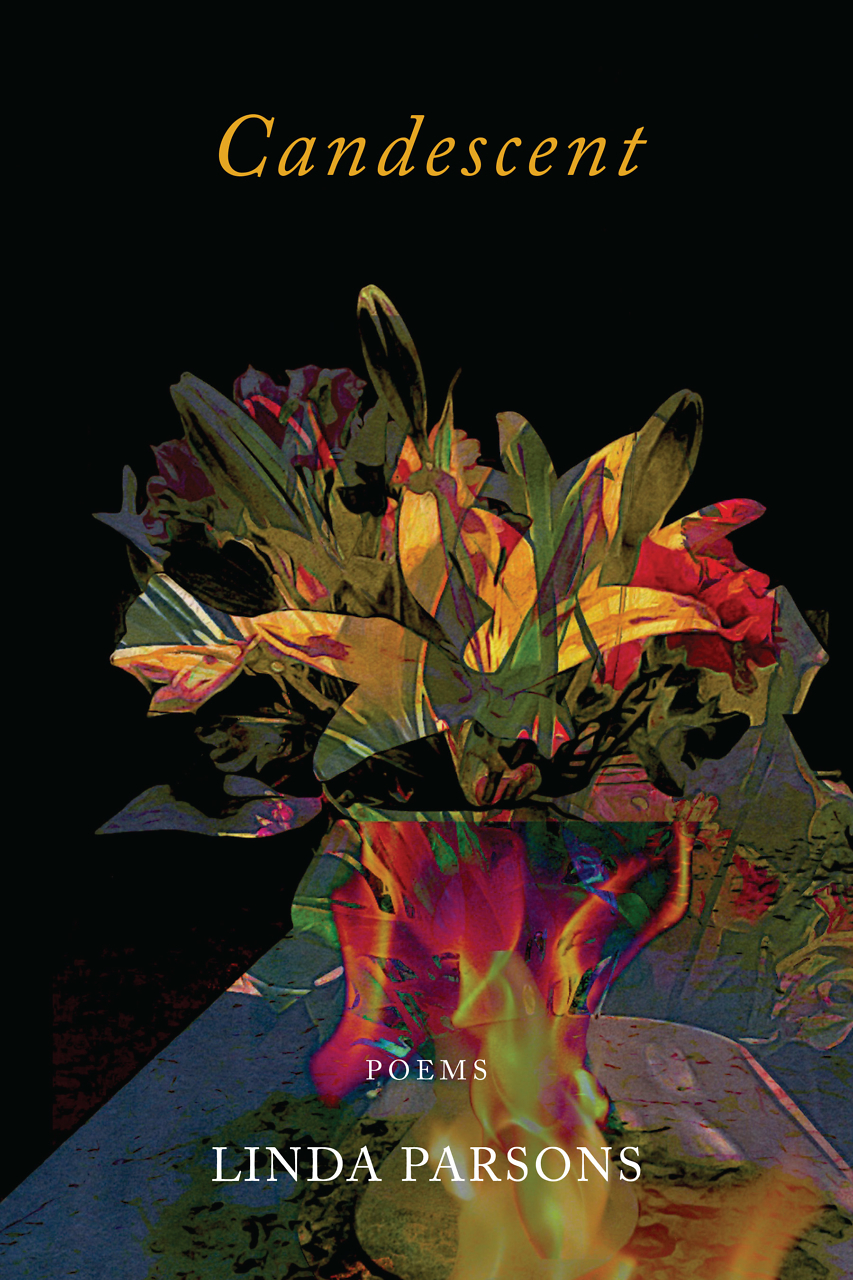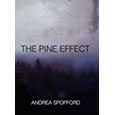Milagro
Book excerpt: The Heronry
Milagro
Hammered tin the shape of the suffering part,
the leg, the arm, the abdomen, the ear,
the hand, the mouth, the eye, the heart,
nailed to the church wall as thanks and prayer,
the name meaning miracle and last resort.
Touching to see them in a silvery mosaic
tacked to rough board or a seamed cross-piece
and think that from all the parts you could construct
the human soul itself and all its griefs
and still know that you had fallen short.
Let’s put up one for drought, a speckled shield
like a mackerel sky, and also one for famine,
a tarnished badge of ribs hung on a child,
and one for genocide and for torture one
just like it, just like it, a blank field.
And one is needed for the last day on earth,
a microbe milagro for the virus, and to heal
the tsunami in its mindless setting forth
a tectonic milagro riding on molten steel,
one the size of the earth to pin to the earth –
a miracle for the world nailed to the world.
The Heronry
After a year of too much face time,
I came where I could choose, instead of people,
birds and their slant gaze, water, trees and clouds,
the gossip and confidences of cats-paw breezes
across the face of a lagoon.
I knew the place was the byproduct of money.
I knew it was peace that the state had paid for–
though only a few who knew about it prospered.
There was a bench in the sun that looked out over the shallows,
near where a black phoebe fluttered and looped
and a great egret slid one foot forward at a time in the thin water.
And there was the heronry, a thicket of slim branched eucalyptus,
where the night herons in their black caps and sturdy patience,
like security guards, roosted and slept.
I put my eyes to binoculars, a pen on a notebook page.
Students rode by, lugging surfboards out to the point.
I heard all kinds of chatter, but always in a passing stream.
Simply to watch as other creatures lived,
stalked each other for sex, ate,
or staked their territory with frantic displays
or like cormorants dried their wings in the sun,
simply to stand apart and be something else,
the note-taking one, inconsequential,
lent me a greater peace than prayer –
to be no more than a stump or a rock,
yet too untrustworthy to nest in or light upon . . .
I’m talking about a few minutes of stillness a day
as birds did their work and, stiller than I,
the golden bush and ice plant ingested the sunlight,
the clouds, always moody, chose a single mood,
the night herons studied their dreams,
and a loneliness that I still believe was solitude
dusted me with its pollen.
The water twitched a little.
I pretended I had it all to myself.
I tried to observe behavior I could note in my book,
though every time I thought I’d captured a stride or wing beat,
it altered, or the hunter missed.
And I hadn’t come there for knowledge, anyway.
I don’t know why I came, to tell the truth,
except to be alone, though I wasn’t alone and don’t think I wanted to be.
Once the crack of a branch, falling under a bulky red tail hawk,
sent a murder of crows, like a loud black rainbow,
arcing across the lagoon. Every other bird scattered,
except the night herons, who didn’t stir a bit,
hunched on single legs on single branches.
Some people in the distance pointed.
And I was glad to be there, looking where they looked.
I almost think I could write about it forever,
adding word to word like coral in a reef,
an excess of language like the genetic code, an extravagance like all the stars,
too much ever to be needed except
by the need for there always to be more,
that need which, when the end comes, looks past it
for woods and hills and ocean,
for fields and streets and houses and horizon,
repelled by blankness, expecting beyond sleep
the dream country and its population.
 Copyright (c) 2016 by Mark Jarman. All rights reserved. Mark Jarman is the author of ten earlier books of poetry and several collections of essays and reviews. His awards and honors include the Joseph Henry Jackson Literary Award, the Poets’ Prize, the Lenore Marshall Poetry Prize, the Balcones Poetry Prize, grants from the National Endowment for the Arts, and a Guggenheim Fellowship in poetry. He is Centennial Professor of English at Vanderbilt University in Nashville.
Copyright (c) 2016 by Mark Jarman. All rights reserved. Mark Jarman is the author of ten earlier books of poetry and several collections of essays and reviews. His awards and honors include the Joseph Henry Jackson Literary Award, the Poets’ Prize, the Lenore Marshall Poetry Prize, the Balcones Poetry Prize, grants from the National Endowment for the Arts, and a Guggenheim Fellowship in poetry. He is Centennial Professor of English at Vanderbilt University in Nashville.


